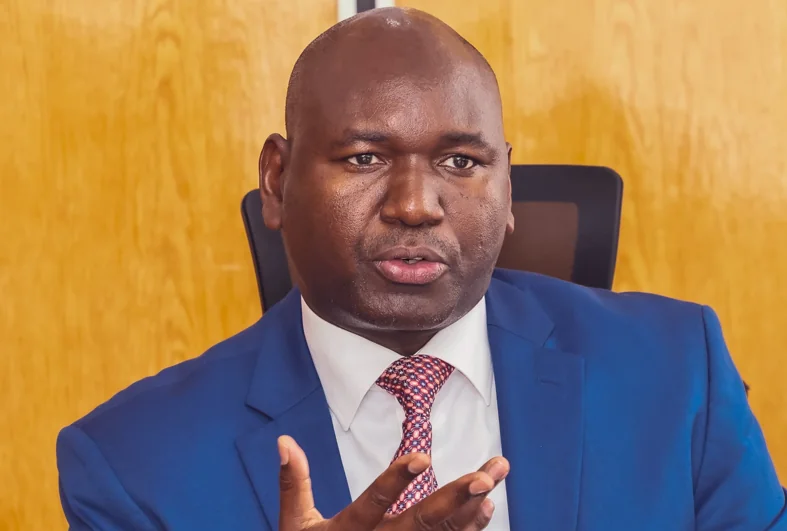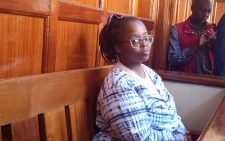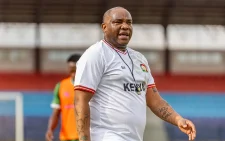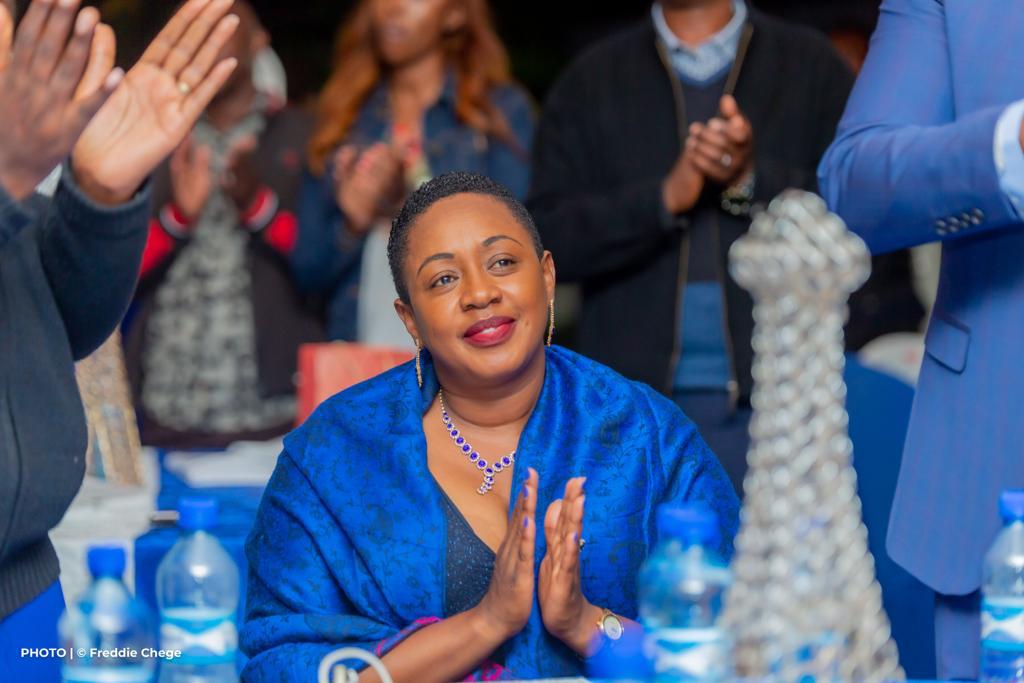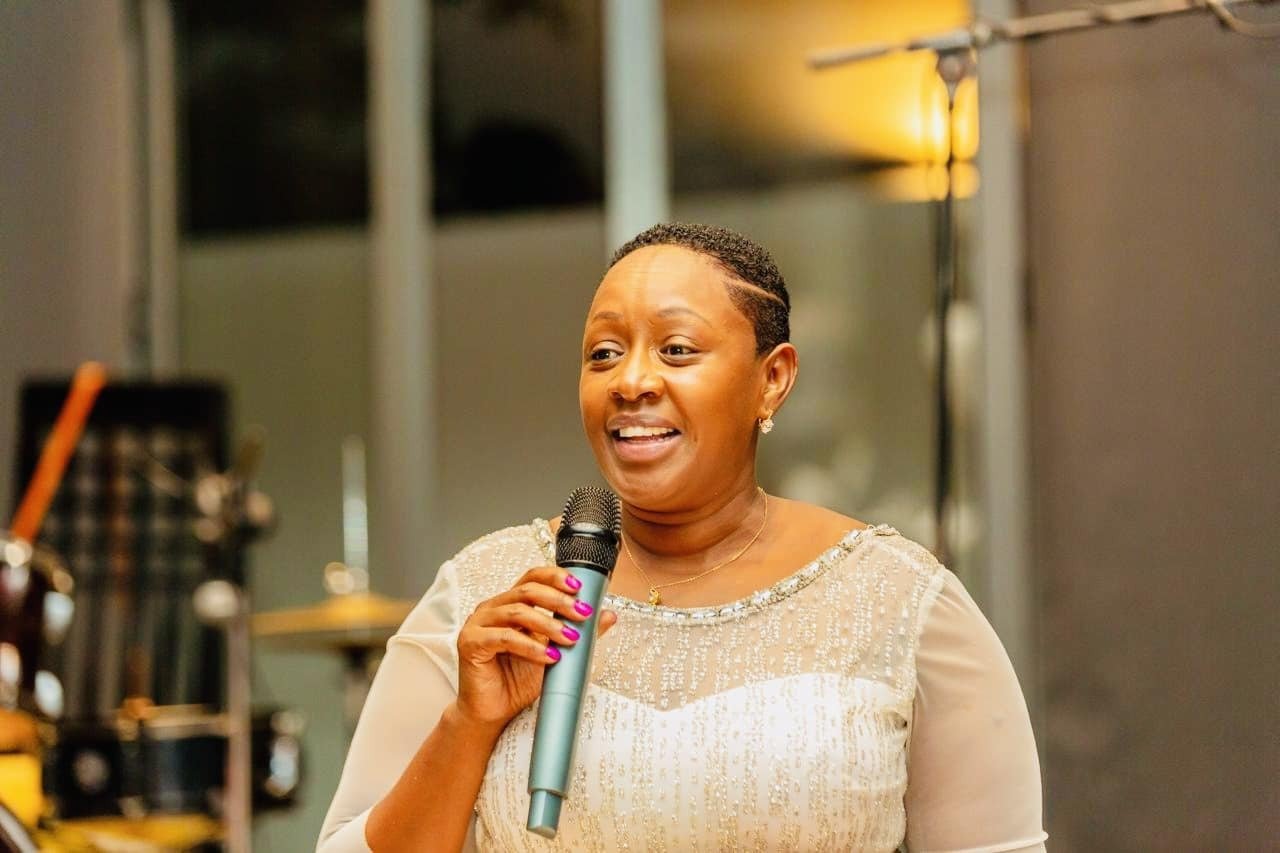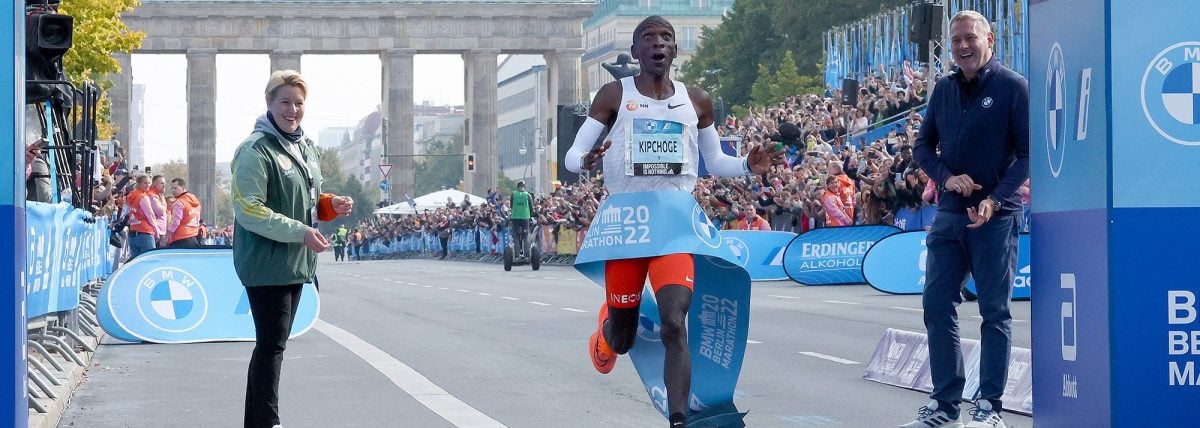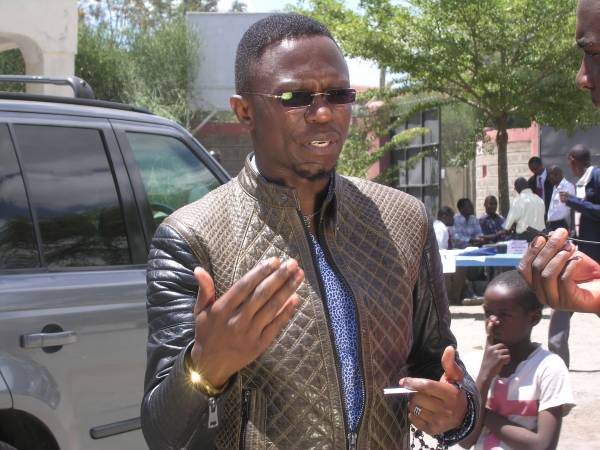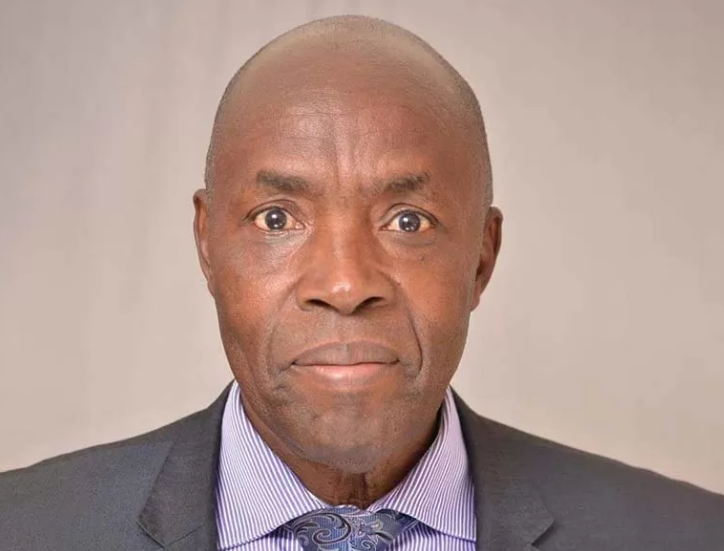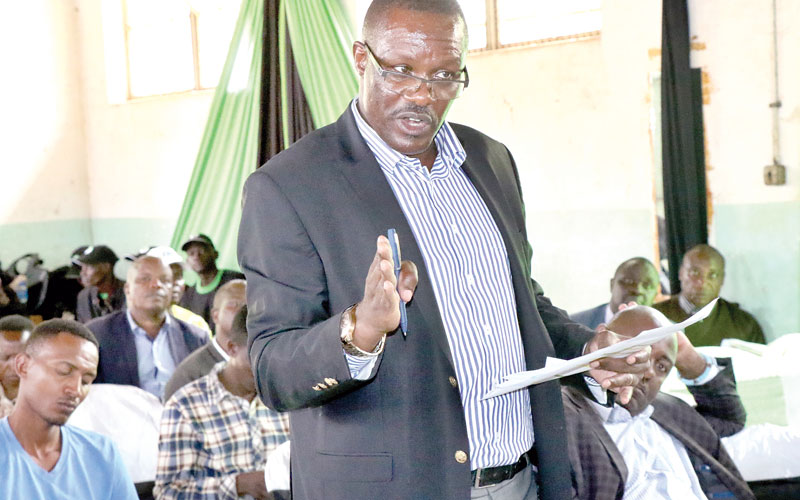IEBC on the cross: Will officials stick together?
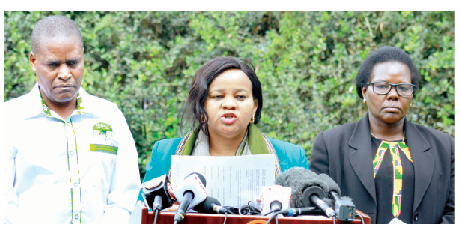
The electoral commission finds itself at a cross roads in the petition challenging the presidential election results that its chairman declared showing United Democratic Alliance’s candidiate William Ruto had won.
With the declaration sparking a flurry of election petitions at the Supreme Court, Azimio-One Kenya Coalition has trained its guns at each of the commissioners in their individual capacities as well as on the commission itself.
In his 72-page petition, Azimio flagbearer Raila Odinga wants each of the seven commissioners to bear individual responsibility for the “illegalities and irregularities” that may have occurred before, during and after vote tallying.
If his prayer is granted, analysts have predicted that this would open a pandora’s box as each commissioner seeks to exonerate themselves from blame.
All the Independent Electoral and Boundaries Commission (IEBC) commissioners will be on the spot and each will be required respond to the nine petitions that have been filed against them, the commission and Ruto.
In most of the petitions, the commissioners have been named individually as respondents while in others, only Chebukati and IEBC have been named as respondents.
Support petition
The commissioners are named as interested parties, meaning they will still be required to make submissions. Political observers are keen to see whether the divided commission will approach the case as a team or each commissioner will go their way. “This is one case that is likely to expose the underbelly of IEBC, by bringing into the public domain its dysfunctionality. Since they have been named as respondents in their individual capacity, each of the commissioner would be entitled to engaging a lawyer and swearing an affidavit,” lawyer Bobby Mkangi, said.
Mkangi was a member of the Committee of Experts that drafted the 2010 Constitution. Two options are open to the commissioners; they can stand on their own or retreat and take a “collective responsibility” position together with their colleagues despite their differences.
For commissioners Juliana Cherera, Francis Wanderi, Justus Nyang’aya and Irene Cherono, who broke ranks with their colleagues, Kenyans will be watching whether they will testify in support of Raila’s petition.
The four fell out with Chebukati moments before announcement of the outcome of the presidential election results. They accused the chairman of running IEBC unilaterally.
“We are deeply concerned that Chebukati has grossly misunderstood his constitutional mandate as the chairman of the commission and has continued to stray away from his responsibility,” they said in a statement read at Serena Hotel.
According to them, Chebukati’s highhanded tendencies were laid bare when he released presidential election results without consulting them. While condemning his actions, they said they would “not take ownership” of his declaration of Ruto as president-elect.
All activities
In his response to their accusations, Chebukati said after briefing the four on the results he was set to announce, they asked him to moderate the figures so that the country could have a repeat presidential election. However, the four denied the accusation.
According to Chebukati, the request by the commissioners was tantamount to subverting the Constitution and sovereign will of the People of Kenya. “The chairperson refused to yield to this unconstitutional and illegal demand and proceeded to declare the results of the presidential election as received from polling stations, and contained in Form 34A,” he said.
“As the gazetted National Returning Officer and in the spirit of teamwork, the chairperson involved all commissioners, including Juliana Cherera, Francis Wanderi, Justus Nyang’aya and Irene Cherono in all activities of verification and tallying,” Chebukati said.
Unlike in 2017, when some commissioners resigned after the election petition had been heard and determined, this time around, the commission finds itself a divided house before the Supreme Court even begins hearing and determining the case.
Lawyer, Charles Kanjama and Mkangi separately told People Daily yesterday that the commissioners who have been sued in their individual capacity will be at liberty to respond to the petitions in whichever way they deem fit. “The commissioners have been sued individually and based on that fact, they can now decide individually on what is their position to the election petitions,” Kanjama said.
He, however, noted that IEBC as an institution will not be divided in its response as the secretariat can take charge to direct the legal team.
“Its response will be prepared by the secretariat; they are the ones who carried out the elections. The commissioners were only overseeing the process,” he said. “The commissioners will only respond individually where they have been sued in individual capacity.” Raila and his running mate Martha Karua will be capitalising on the divisions within the commission to seek the nullification of the results. They are also likely to use this argument to push for the formation of a new commission to oversee a re-run.
They contend that before Chebukati’s declaration of the ‘final result’, four of the seven commissioners disowned the results. Chebukati announced that Ruto had 7.1 million (50.6 per cent) of the valid votes cast while Raila had 6.9 million (48.6 per cent). “The declaration of the ‘outcome of the presidential result, the public accusations and counter-accusations emanating from the IEBC commissioners exposed the more critical fact that the electoral process had not been transparent, impartial, neutral, efficient, accurate and accountable,” Raila said in his petition papers.
Petition wants the Supreme Court to find that Chebukati usurped the role and functions of IEBC in contravention of Article 138(3)(c) of the Constitution and purported to declare a result that IEBC had neither tallied nor verified.
Raila has accused Chebukati of purporting to tally and verify the results by himself, leading to the final result declared. “Such tallying and verification, if any, was a nullity ab initio (from the start) and did not constitute compliance with the Constitution’s mandatory requirements,” Raila argues.
Coalition claims that there was an elaborate and fraudulent premeditated scheme to interfere with the integrity, credibility and security of the presidential election in violation of Article 86(a) and (e) and other provisions of the Constitution.
According to the petition papers, the final results declared by Chebukati were incomplete, inaccurate, unverifiable or unaccountable and this cannot be the basis for a valid and legitimate declaration of Ruto as president-elect.
Azimio also argues that Chebukati, before declaring the final results, failed to state or claim that the results were provisional, thus contravening Section 39 of the Elections Act.
All the respondents were to be served with the petition documents yesterday. They will have four days to prepare their responses before the Supreme Court judges can start hearing the case on Monday. The judges must give their final verdict by September 5.
If they uphold the election, Ruto will be sworn in. If they quash it, they can order a re-tallying of the votes or a fresh presidential election.

